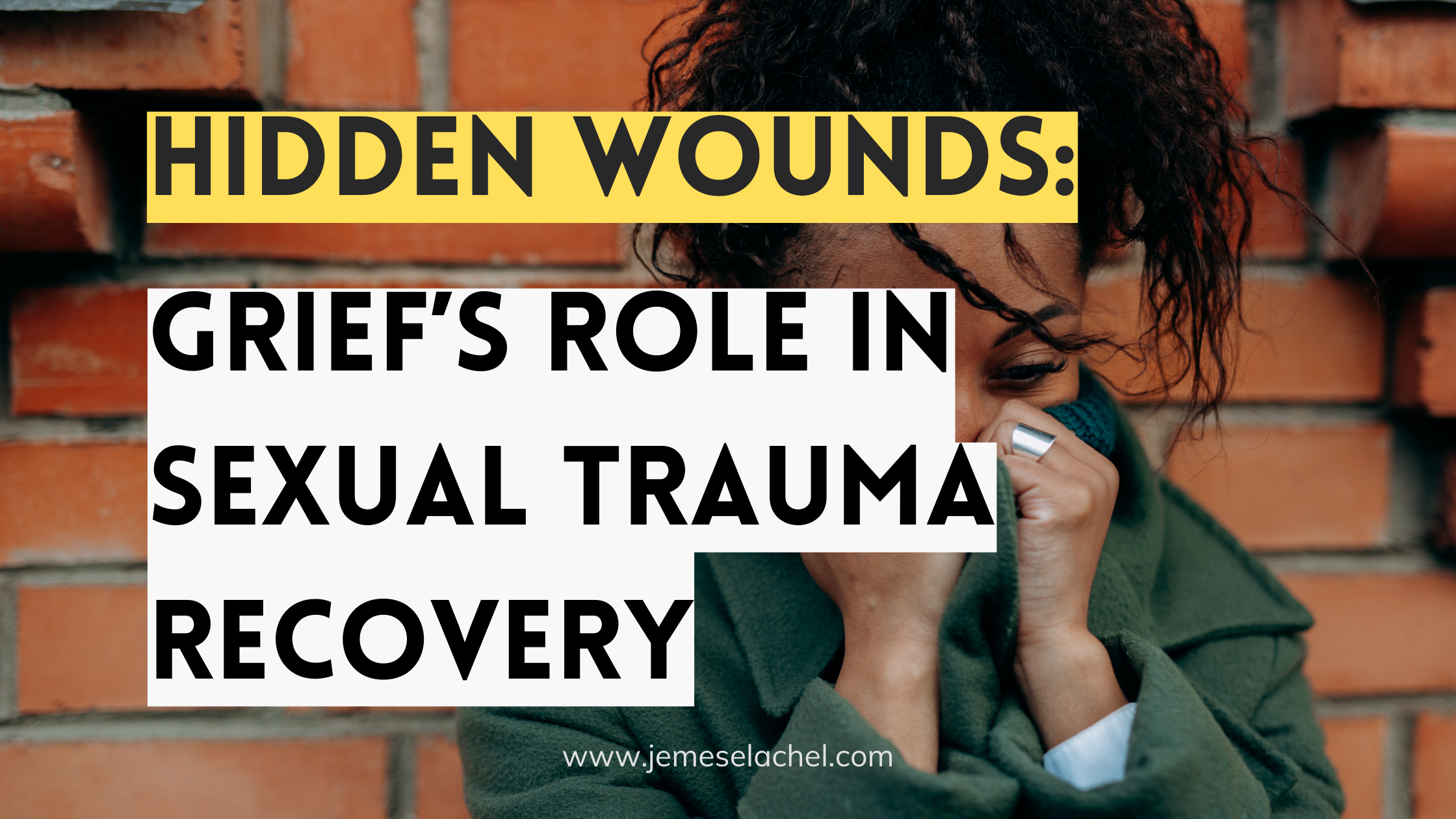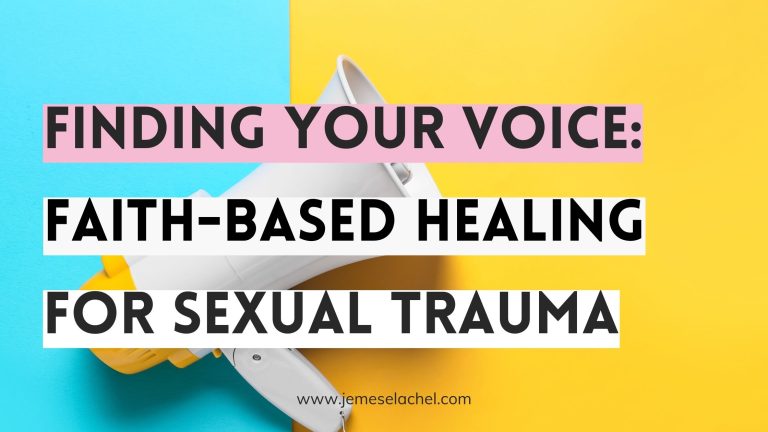Sexual trauma leaves deep, often invisible scars on those who have experienced it, and grief after sexual assault is a critical aspect frequently overlooked in the healing process. This unaddressed grief quietly undermines recovery, making it even harder for individuals to regain control of their lives. This article aims to shed light on how grief secretly influences those who have faced sexual trauma, offering insights and practical strategies for identifying and addressing this hidden adversary. Whether you are seeking healing or a therapist looking to better support your clients, understanding the role of grief can be transformative in the journey towards recovery.
The Hidden Nature of Grief after Sexual ASSAULT
Grief after sexual trauma can be complex and multifaceted. It encompasses not only the mourning of ones innocence and safety, but also the emotional turmoil that follows such a violation of trust and autonomy. This form of grief often goes unrecognized, as societal narratives around sexual trauma tend to focus on immediate physical safety and legal justice rather than the long-term emotional impact.
Grief is often associated with the loss of a loved one, but it also accompanies the loss of safety, trust, and innocence that follows sexual trauma. This form of grief can be insidious, manifesting in subtle yet pervasive ways that complicate the healing process. Survivors may not even realize they are grieving, as the emotions tied to their trauma can become entangled with feelings of shame, guilt, and fear. Recognizing and acknowledging this grief is the first step towards healing.

How Grief Complicates Recovery
- Emotional Turmoil: Grief adds layers of emotional complexity to an already overwhelming situation. You may experience intense sadness, anger, and despair, which can lead to feelings of hopelessness and hinder you ability to engage in therapeutic work.
- Physical Symptoms: Grief can manifest physically, leading to fatigue, changes in appetite, and sleep disturbances. These symptoms can exacerbate the physical and psychological toll of sexual trauma, making it harder for you to feel well enough to pursue healing activities.
- Isolation and Withdrawal: The pain of grief can drive you into isolation, cutting you off from support systems that are crucial for recovery. This withdrawal can create a vicious cycle, where loneliness intensifies grief, further hindering the healing process.
Identifying Grief after Sexual assAULT
To address grief effectively, it must first be identified. Women who’ve experienced sexual assault and therapists alike should be aware of the signs of grief specific to sexual trauma:
- Persistent Sadness: A deep, lingering sadness that doesn’t seem to abate over time.
- Guilt and Shame: Intense feelings of guilt or shame, even when you are intellectually aware that they are not to blame.
- Anger and Irritability: Unexplained anger or irritability, which can be misdirected towards oneself or others.
- Avoidance: Avoiding places, people, or activities that remind you of the trauma, which can also be a way of avoiding the grief associated with it.
- Hopelessness: A pervasive sense of hopelessness about the future and your ability to recover.

Strategies for Addressing Grief
Once grief is identified, there are several strategies that can help survivors process and move through it:
- Acknowledge and Validate: Women who’ve experienced sexual trauma should be encouraged to acknowledge their grief and understand that it is a natural response to their trauma. Validating these feelings can reduce the burden of shame and guilt.
- Therapeutic Support: Engaging with a trauma-informed therapist can provide a safe space for survivors to explore their grief. Therapists can guide survivors through grief-specific interventions, such as grief counseling or biblical counseling.
- Expressive Therapies: Art, music, and writing therapies can offer women who’ve experienced sexual trauma alternative ways to express and process their grief. These creative outlets can be particularly beneficial when words are hard to find.
- Support Groups: Connecting with others who have experienced similar trauma can provide survivors with a sense of community and shared understanding. Support groups offer a platform for sharing experiences and coping strategies.
Conclusion
Grief is a powerful and often hidden force in the lives of women who’ve experienced sexual trauma. By bringing this grief to light and offering practical strategies for addressing it, survivors can take crucial steps towards healing and reclaiming their lives. For therapists, understanding the role of grief in sexual trauma recovery is essential in providing comprehensive and compassionate care. Together, through recognition and targeted support, we can transform the journey of recovery, making it one of hope, resilience, and renewal.
Author Bio:

Jemese LaChel Drewery, LCSW, CCTP is a Christian Trauma Therapist and Faith Mentor for women, specializing in sexual trauma and biblical counseling. With a practice based in Mid-Missouri, Jemese is passionate about helping women heal from trauma, strengthen their faith, and reclaim agency in their lives. Through her business, Grace Abides Christian Counseling, she offers a Holy Spirit-led approach to therapy and mentorship, emphasizing spiritual growth and Join her instagram community to gain insights into faith-based healing.







